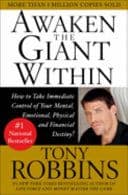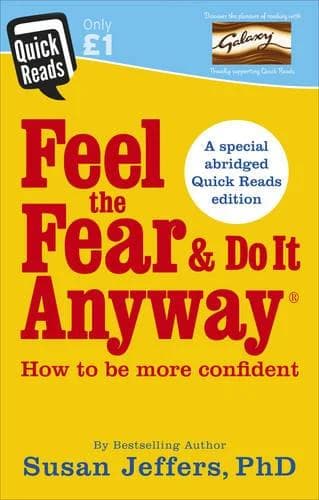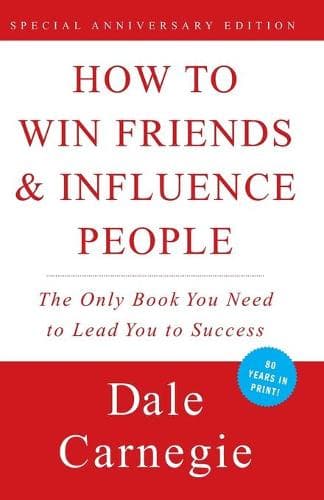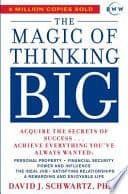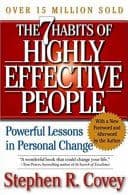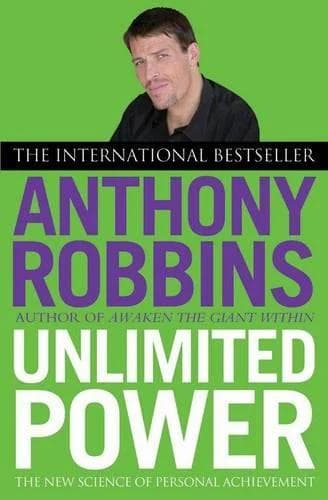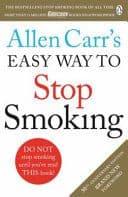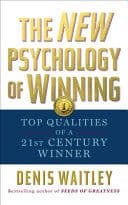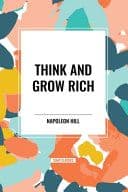
Self-help
The precursor of today's motivational and self-help literature. Its vision is significantly more cosmopolitan than that of most books in a still-expanding genre.
DIFFICULTY
intermediate
PAGES
436
READ TIME
≈ 520 mins
DIFFICULTY
intermediate
PAGES
436
READ TIME
≈ 520 mins
About Self-help
Self-Help (first published in 1859) advances a disarmingly plain thesis: that character is capital. Samuel Smiles argues that progress grows from punctual labour, thrift, and the habit of learning—more workshop than wish list.
Through brisk sketches of makers like James Watt, George Stephenson, and Michael Faraday, he turns virtues into methods, such as reading with intent, practising a craft, keeping your word, reinvesting small gains, and treating failure as instruction. The prose is Victorian, the psychology perennial. Smiles is keen on individual agency and light on structural critique, but read historically, his counsel still bites.
In an age of hacks and headlines, this is a manual for patient competence—showing how steady improvement, anchored in character, can transform an ordinary life and, quietly, a society.
What You'll Learn
- Self-discipline, perseverance, and personal responsibility
- Habits of industry, punctuality, and thrift to daily life
- Self-education and reading to build skill, judgment, and character
- Translating setbacks into resilience through steady, practical effort
- Actionable lessons from biographies of inventors and reformers
- The moral foundation of work, integrity, and service
Key Takeaways
- Character outweighs talent
- Perseverance overcomes obstacles
- Self-education drives progress
- Industry and thrift compound
More in self-improvement
